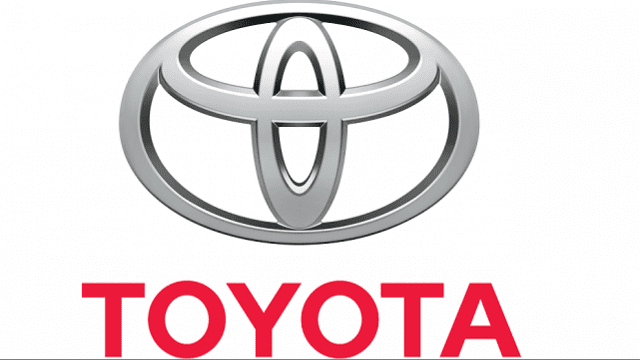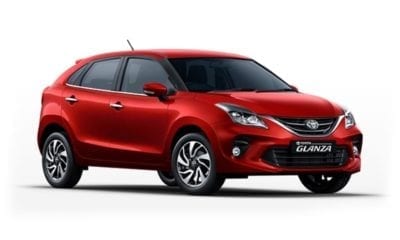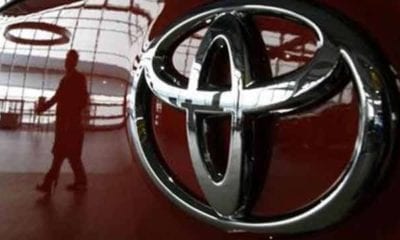Cars
Suzuki, Toyota partnership to cross-sell products in India, abroad

Nearly a year after signing an MoU to form a business partnership, Japanese auto majors — Toyota Major Corporation and Suzuki Motor Corporation – have now concretised their wide-range collaboration for Indian and global markets, including selling of Suzuki’s India-produced vehicles (Baleno, Vitara Brezza, Ciaz, Ertiga) to Toyota for targeting the African market.
Secondly, leveraging Suzuki’s expertise in developing vehicles in India, new products are expected to be developed on Toyota’s C-segment MPV for the Indian market. Further, the partnership between the two automotive giants is expected to go beyond sharing of a few vehicles and exchange of platforms.
Toyota, which has its strength in electric vehicles-related technologies, will be supplying hybrid electric vehicle (HEV) technologies in India to Maruti Suzuki through local procurement of HEV systems, engines, and batteries. Currently, Maruti Suzuki uses mild hybrid and some plug-in hybrid for some of its models.
Also, while two of the compact vehicles built on Suzuki platforms (Ciaz and Ertiga) will be sold through (cross badge) Toyota in India, the production of the Suzuki-developed compact SUV Vitara Brezza will start at Toyota Kirloskar Motor (TKM)’s plant from 2022.
Both the rivals had earlier last year announced their plans for partnership by way of synergising the usage of the platform, technologies, product development, dealer network, etc. in India and globally. As per an estimate, Maruti-Toyota together sells about 55% of total passenger vehicles in India.
Commenting on the development, Toyota president Akio Toyoda in a statement said, “Through our new agreement, we look forward to the wider use of hybrid technologies, not only in India and Europe but around the world. At the same time, we believe that the expansion of our business partnership with Suzuki—from the mutual supply of vehicles and powertrains to the domains of development and production—will help give us the competitive edge we will need to survive this once-in-a-century period of profound transformation. We intend to strengthen the competitiveness of both our companies by applying our strong points and learning from each other.”
Suzuki chairman Osamu Suzuki on his part said that he appreciates the offer from Toyota to let Suzuki make use of their hybrid technology.
According to analysts, the business collaboration between the rivals is here to stay. Mahindra Group and Ford Motor Company last year announced to jointly develop new SUVs and a small electric vehicle. Both the companies had first gone into an alliance in September 2017. However, Tata Motors Ltd and Volkswagen group firm Skoda Auto’s collaboration ended even before it began in 2017. Both the companies said they have performed technical feasibility and commercial evaluation and later found that the envisioned areas of the partnership may not yield the desired synergies as originally assessed.
According to Sridhar V, partner, Grant Thornton India LLP, the cross badging or strategic alliance between the OEMs is not new and it is done with the intention of saving cost on new introductions, reduce time lag on such introductions, gain advantage of technology and increase capacity utilisation in some case.
“One needs to be wary of the right positioning so as not to cannibalise into each others market and optimise on the cost savings achieved through such alliances. We can see more such partnerships, especially, in the new era of electric vehicles (EV),” said Sridhar.

































